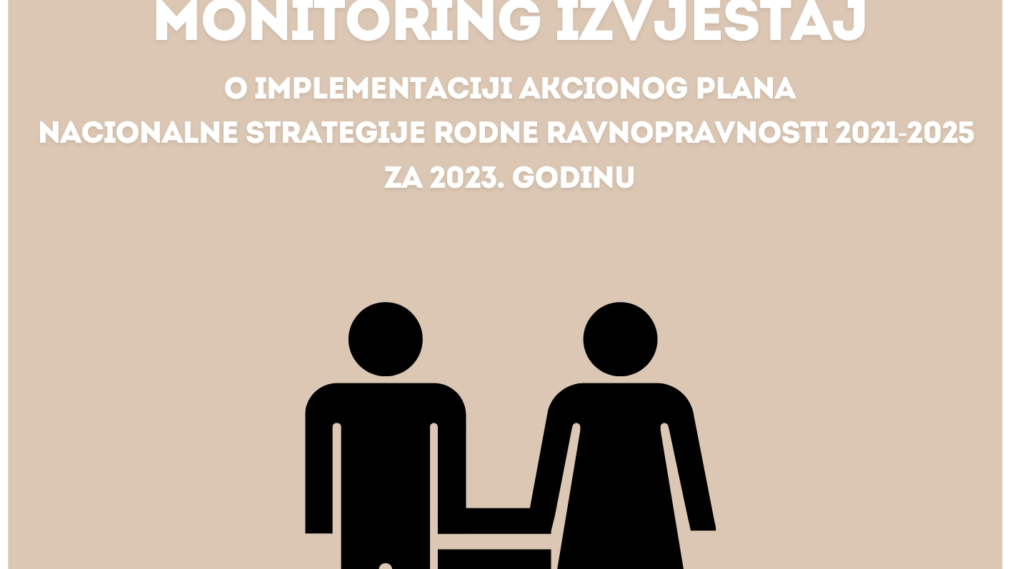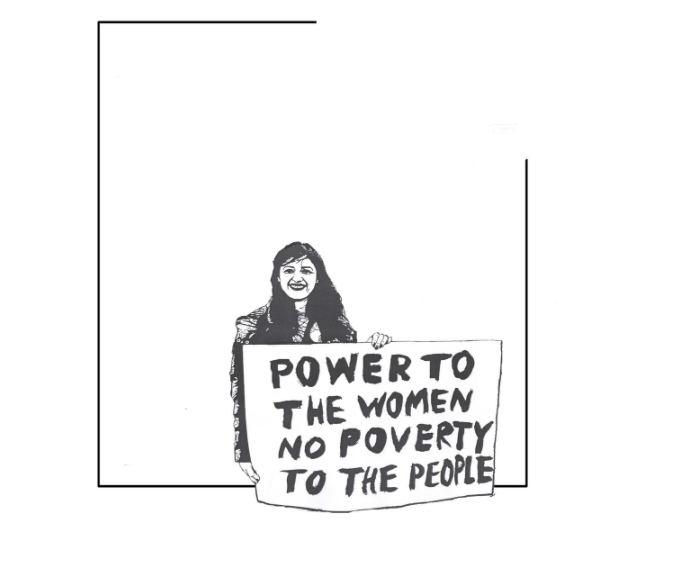696Views

GENDER ANALYSIS OF THE EUROPEAN COMMISSION REPORT ON MONTENEGRO FOR 2023
The current European Commission report presents more stringent and direct assessments compared to previous iterations, particularly within the domain of gender equality, which serves as the focal point of this analysis. The reiterated evaluation by the European Commission (hereinafter referred to as “EC”) indicating limited progress1 in Montenegro regarding gender equality was not unforeseen.
The Commission observes that the legislative framework concerning gender equality exhibits limited efficacy due to a lack of sufficient political will to elevate this issue to a priority within the broader spectrum of governmental accountability mechanisms. Furthermore, it offers a negative appraisal of Montenegro’s negotiation outcome and,
consequently, the status of women’s human rights within the nation. The report underscores that Montenegro’s advancement towards EU accession is contingent upon the successful implementation of reforms in pivotal domains such as the rule of law, human rights, and fundamental freedoms. This assertion is unambiguously reinforced by the European Parliament in its recent Resolution concerning the European Commission’s Report on Montenegro.
It is of utmost importance to intensify the political dialogue on gender equality, wherein the European Commission plays a significant role by providing concrete recommendations to Montenegro, emphasizing the implementation of measures aimed at advancing the position of women and girls in society, and effectively combating the growing trend of gender-based violence within families. Building upon these recommendations and their own practices, non-governmental organizations focused on women’s human rights advocate for the initiation of inclusive dialogue at the highest levels, offering their expert knowledge and experiences in this field.
.


